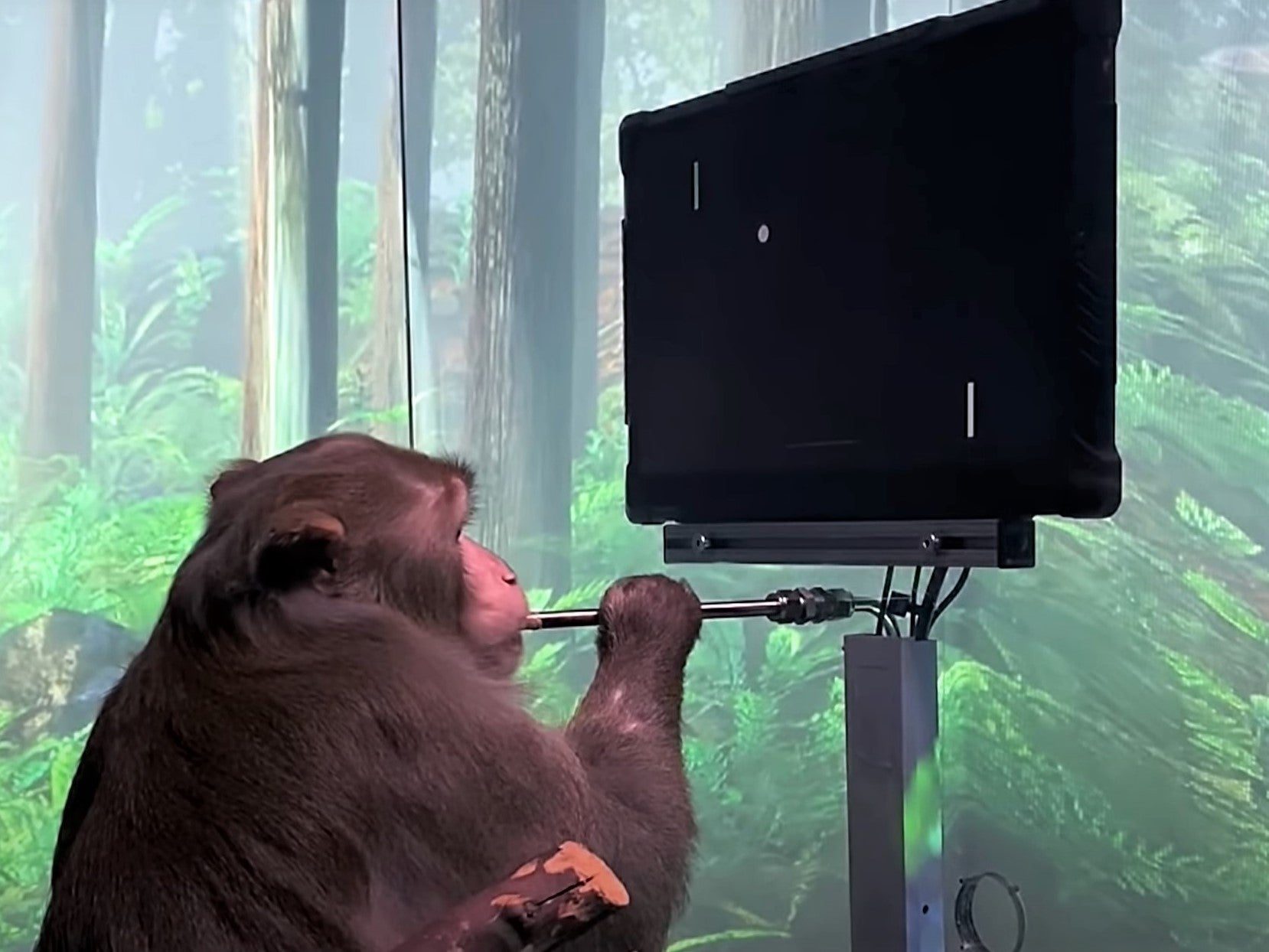Elon Musk ‘increasingly confident’ Neuralink implants to cure paralysis will be in humans next year
‘Don’t want to raise hopes unreasonably, but I’m increasingly convinced that this could be done’

Your support helps us to tell the story
From reproductive rights to climate change to Big Tech, The Independent is on the ground when the story is developing. Whether it's investigating the financials of Elon Musk's pro-Trump PAC or producing our latest documentary, 'The A Word', which shines a light on the American women fighting for reproductive rights, we know how important it is to parse out the facts from the messaging.
At such a critical moment in US history, we need reporters on the ground. Your donation allows us to keep sending journalists to speak to both sides of the story.
The Independent is trusted by Americans across the entire political spectrum. And unlike many other quality news outlets, we choose not to lock Americans out of our reporting and analysis with paywalls. We believe quality journalism should be available to everyone, paid for by those who can afford it.
Your support makes all the difference.Elon Musk has said he does not want to “raise hopes unreasonably” but is “increasingly confident” his brain-machine interface startup Neuralink will have its first implant devices in humans by 2022.
The billionaire said he is “cautiously optimistic” the implants can restore full-body functionality for tetraplegics and quadriplegics, adding that the company’s standards for implanting the brain-computer interface device are higher than what the FDA requires.
“I think we have a chance with Neuralink to restore full-body functionality to someone who has a spinal cord injury,” Musk said in a video interview during the Wall Street Journal’s CEO Council Conference.
“I don’t want to raise hopes unreasonably, but I’m increasingly convinced that this could be done,” he added.
In April, the startup released a video of a monkey named Pager with the brain-computer interface chip that was able to play video games using only its mind.
Neuralink said two chips implanted flush with the skull, send brain signals from the monkey through a 1,024 electrode transmission device, and these signals are then decoded and calibrated to predict the monkey’s intentions.
The company said with six weeks of practice, the monkey learned to play Pong, the 1970’s classic video game, in return for a banana smoothie reward.
“To control his paddle on the right side of the screen, Pager simply thinks about moving his hand up or down,” Neuralink had said in the video.
Following the release of the video, Musk tweeted that the first Neuralink products would enable someone with paralysis to use a smartphone with their mind “faster than someone using thumbs,” with later versions that would help “paraplegics to walk again.”
In August, last year, the company released a video of a pig named Gertrude which was surgically implanted with a brain-monitoring device that enabled its brain activity to be recorded in a computer in real-time.
These experiments, the startup has claimed, are early steps that could one day enable people with paralysis to operate computers and mobile devices with ease only using their neural activity.
“I am definitely not saying that we can for sure do this, but I am increasingly confident that it is possible,” he tweeted on Tuesday.
Join our commenting forum
Join thought-provoking conversations, follow other Independent readers and see their replies
Comments